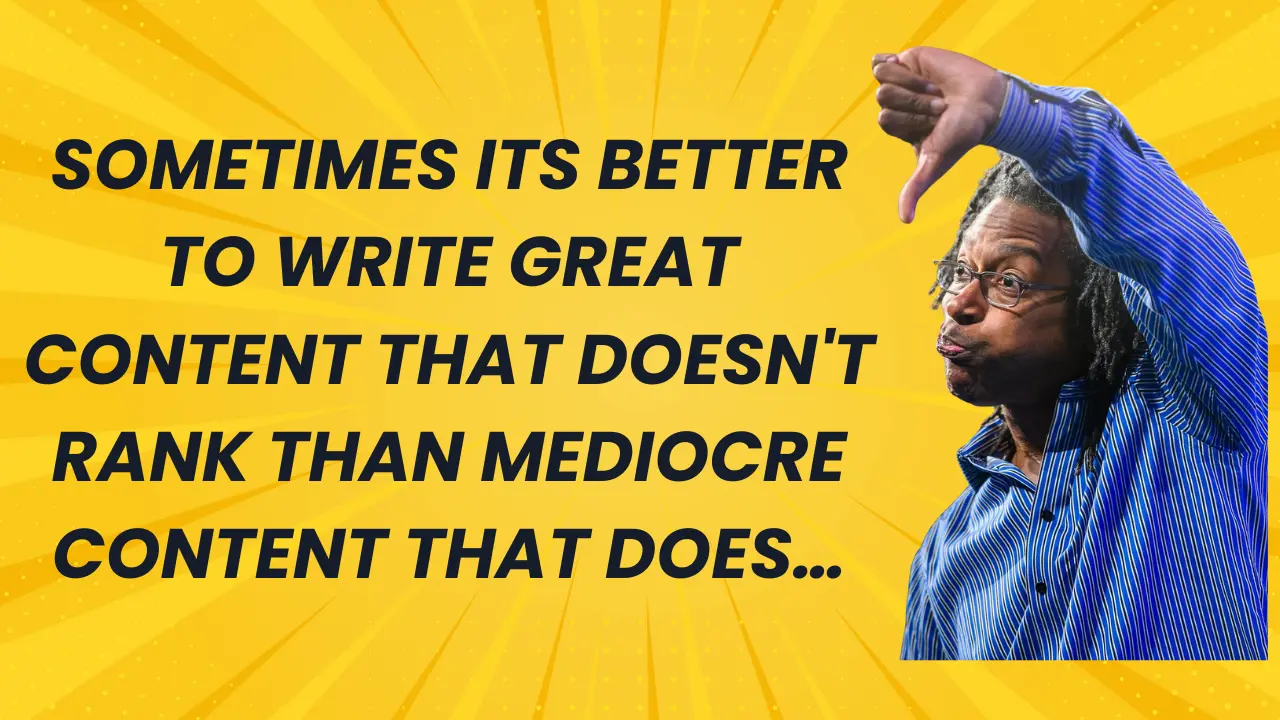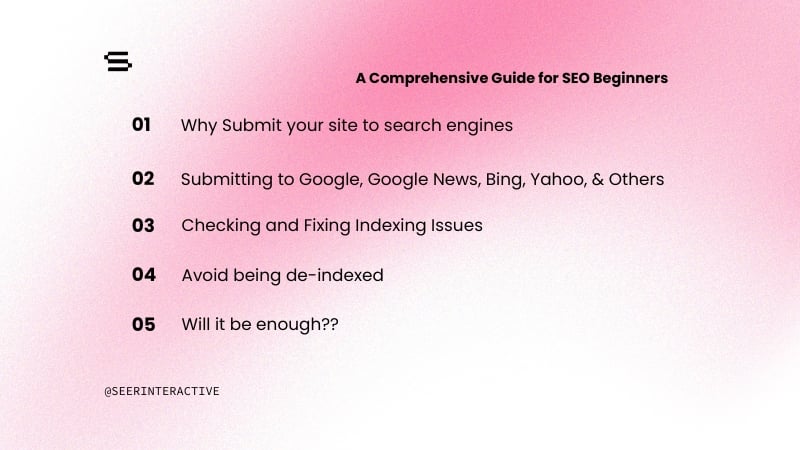
Anyone remember the original snap.com? It was NBCis attempt at building a search engine to rival Yahoo and other major players in the mid 2000's.
Snap.com's innovation was heavily based on # of clicks and time elapsed between returning back to the search engine. Those two factors had a pretty significant impact on a web sites rankings int their search engine.
That was their "pagerank" that was the core of the Snap.com algo in the 2000's. Eight years ago it was a great concept but was easily spammed, which is absolutely why it didn't work. Many SEOs used programs to "spoof" legit browsers who opened a web browser and closed it after some random time interval, giving a site a big boost in the serps easy peasy path to the top of the SERPS.
Recently I got an email from a client about +1s showing up in Webmaster Tools and it got me thinking how can +1 be spammed and how easy would it be to spam it for gains in SERPS?
Logically, we all think +1's could be a good signal. Mostly because When you +1 content from your account, that account is multi-dimensional giving it a different spam profile thank say a link, which is the traditional way of sites getting "votes" that impact placement on the SERPS. Just look at some of the services Google offers now:

Let me ramble for a bit to illustrate how a +1 from an account can have its own pagerank/trustrank...
A +1 from a Google account brings history - my Gmail account has Google reader, its attached to Google latitude, has a YouTube channel, a profiles page, etc. Google can see activity across several services. Google can see that I am using latitude and that I travel (real people travel, spam bots do not). They see me going into Google reader and getting followers, following others, and each of them has their own history which is also hard to fake, they see me for 5 years using Google reader at least 1 time a week. They see me uploading videos on YouTube that get thousands of views, which is another legitimizer; I've watched thousands of videos there too. They see my search history when I'm logged in to know that I do searches and I have my cell phone as a backup to my password feature in Gmail, spam bots who create Gmail accounts don't have cell phones. I've registered a Google place on my account (hard to do with a spam bot), and an RSS feed with FeedBurner, I've bought stuff through Google checkout and I've had photos on Picasa for ages.
All of this activity creates legitimacy to my profile, which in theory could mean that +1's from account like mine might have more value than +1's from a new account w/ no history. It would function a lot like pagerank did, in the sense that not all votes were equal. This is plausible, right?
The real question SEOs should be asking themselves is how far off are we from this being a reality? How much time should I invest, and how easy is this to game?
Does there become a black market for high quality, aged accounts? We have already seen services springing up where you can pay for +1s.
Lets think for a sec
Could I pay someone to do the following tasks on several gmail accounts to look legitimate? "Check in" using Google's check in services once a week? Yes Add a new feed to their reader once a week? Yes Go into Google reader and read a few posts? Yes Buy something for 5 dollars from a web site once a month? Yes, and use Google checkout to do it (credit cards might be a qualifier). Upload a video to YouTube and get some views on it? Yes Go to YouTube and watch 1 video every 3 days, leave a comment once every 10 videos you watch? Yes.
You see where I am going with this, and that is why it's going to be interesting to see +1's impact the SERPS. Its one thing for +1's to show up from my friends, but its another when +1's impact SERPS altogether.
Or as Darren Shaw of Edmonton Web Design & SEO shop said to me at the most recent SEOmoz Mozcon...with the proliferation of macros for web browsers many of the quality signals above could be easily automated to "act" like real accounts.
The other question every wise SEO should ask before they get all excited is HOW LONG will this take to have an impact?
I wish I had the historical context to get this right, but I'll try my best guesses:
Cloaking was abused and people got away with it en masse for well over 3-4 years before Google figured out how to combat most of it.
Stuffing keywords and using white text on white backgrounds and meta tag stuffing all worked for 2-3 years as well.
Reciprocal linking directories (until the Florida update) worked for 3 years before that got fixed.
Buying links has been on Googles crusade for at least 5 years and you know darn well that paid links work.
Think about it people! A company (Cough, Demand Media) went public partially on building what many classify as low quality content! That's how long low quality content farms worked before Panda.
Could it be 5 years out before they get this right? I say easily. Does that mean you should ignore the bright shiny object known as Google+?
NO!
What it means is this if you don't want to wake up one day 3, 5, or 7 years from now and see your rankings gone because of an update that finally gets social right, you should get involved, and start developing a strategy, just dont get so involved with it that you find yourself spending significant time on social signals for SEO.
There are a ton of reasons on how you can leverage your social media to help you with SEO, but in terms of social influencing rankings anytime soon I am not holding my breath.
As Rand Fishkin said in one of his recent presentations, if you do all those high quality things you end up with a better site, more relationships, and so what if it doesn't help with SEO...since when is having a better site and stronger relationships a bad thing?


